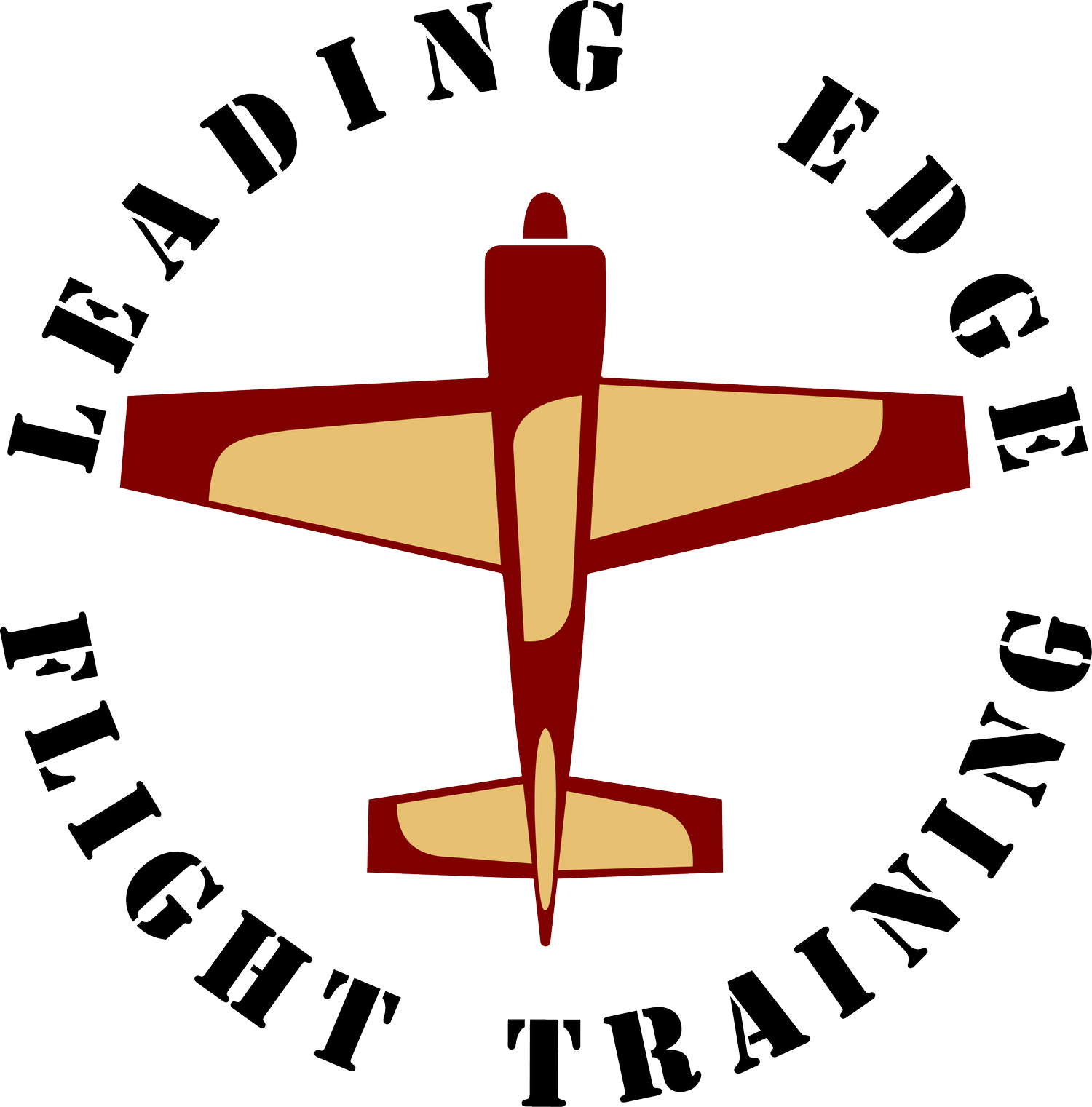Elevate Your Aviation Dreams: Key Factors to Consider When Choosing a Flight School
Embarking on the journey to become a pilot is an exhilarating venture filled with aspirations and ambitions. Choosing the right flight school is a pivotal decision that can shape your aviation career. With the plethora of flight training options available, it's crucial to sift through the noise and find a school that aligns with your goals, budget, and expectations. This article delves into the essential factors to consider when selecting a flight school, ensuring your path to the skies is both rewarding and fulfilling.
Quality of Instruction
The caliber of instruction is the backbone of any flight school. Experienced and knowledgeable instructors are paramount to your learning experience. Instructors should not only have ample flying experience but also possess the teaching skills to impart their knowledge effectively. Seek out schools where instructors are not just pilots but educators, committed to nurturing students' skills and confidence in the cockpit.
Fleet and Facilities
The quality and variety of the fleet can significantly impact your training experience. A diverse fleet allows you to train on different types of aircraft, preparing you for a range of flying scenarios. Modern, well-maintained aircraft equipped with the latest technology ensure you are learning with the tools relevant in today's aviation industry. Similarly, the school's facilities, including classrooms, simulators, and maintenance hangars, should provide a conducive learning environment.
Training Curriculum
A comprehensive and flexible training curriculum is essential for catering to various learning paces and preferences. The curriculum should cover all theoretical and practical aspects of flying, from aerodynamics and navigation to weather patterns and emergency procedures. Whether you aspire to commercial or recreational flying, the program should be adaptable to your specific career goals, offering pathways such as instrument ratings, multi-engine certifications, and ATP (Airline Transport Pilot) qualifications.
Safety Record
The safety record of a flight school speaks volumes about its operational standards and risk management practices. Investigate the school's history of incidents or accidents, and don't hesitate to ask how they address safety concerns and emergency situations. A reputable school will have transparent safety protocols and continuously invest in safety training and equipment.
Student Support and Career Guidance
Flight training is not just about learning to operate an aircraft; it's about building a foundation for your aviation career. Look for schools that offer robust student support services, including career counseling, job placement assistance, and networking opportunities. Mentorship programs and connections with alumni can provide invaluable insights and open doors to future employment opportunities.
Location and Weather
The geographic location of a flight school influences not only the flying conditions but also the frequency of your training sessions. Schools situated in regions with favorable weather conditions can offer more consistent flying opportunities, minimizing disruptions in your training schedule. Additionally, the surrounding airspace and terrain play a role in the diversity of your training, with varied landscapes offering richer, more challenging flying experiences.
Cost and Financial Aid
Flight training is a significant investment, and understanding the cost implications is crucial. Transparent pricing, without hidden fees, allows for accurate budgeting and financial planning. Some schools offer scholarships, financial aid, or payment plans to help alleviate the financial burden, making flight training more accessible.
Community and Culture
The ethos and culture of a flight school can greatly enhance your learning experience. A supportive, inclusive community fosters a positive learning environment, encouraging collaboration and camaraderie among students and instructors. Visit the school, if possible, to get a feel for the atmosphere and speak to current students and faculty to gauge their experiences.
Alumni Success
The success of a school's alumni can be a testament to the quality of its training program. Research where graduates of the program have gone on to work and in what capacities. Schools that produce successful pilots across various sectors of the aviation industry demonstrate not only the strength of their training but also their commitment to students' long-term success.
Conclusion
Choosing the right flight school is a decision that sets the trajectory for your aviation career. By considering factors such as accreditation, instructor quality, fleet diversity, safety records, and student support, you can select a school that aligns with your aspirations and sets you up for success. Remember, the right school is not just about where you learn to fly; it's where your dreams take flight, propelling you into a promising aviation career.
Embarking on this journey requires diligence, research, and introspection, but with the right flight school, the skies are truly the limit. As you navigate your options, keep your goals in clear view, and choose a path that not only meets your immediate training needs but also supports your long-term aspirations in the vast and dynamic realm of aviation.
